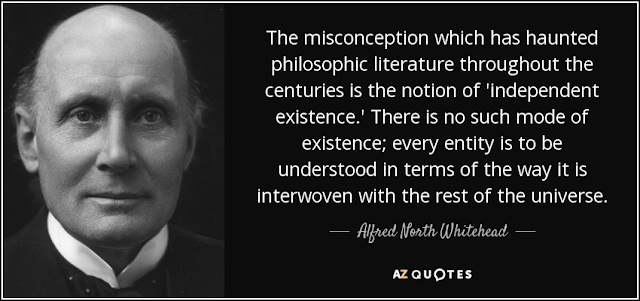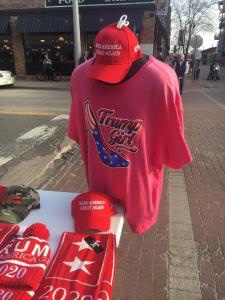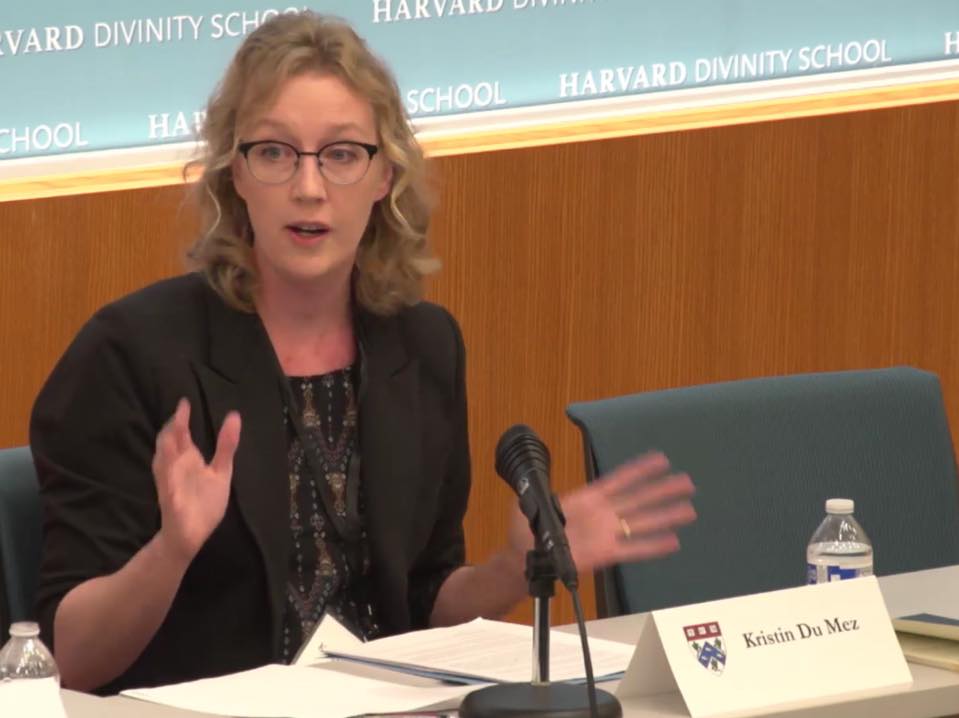Alfred North Whitehead
A Short Introduction to Whitehead
by R.E. Slater
Below are linked articles to A.N. Whitehead found on this website here, Relevancy22. In the early years of contemporary Christian research and website development Whitehead's name continued to pop up in random discussions as I was beginning my quest to better understand the Christianity I had inherited, attended, was trained, studied, and ministered within. At first the Lord began my journey in a spreading fog of disturbed spiritual darkness and seeming divine abandonment. This lasted nearly a year which I describe as my time in a wilderness of God's making. Out of this dissettling stage of self-deconstruction began the real work of deconstructing my religious Christian heritage. It began with a writing campaign begun here around 2012 for approximately six months before shortly thereafter turning to reconstruct the Christianity I had envisioned during my wilderness days of darkness and abandonment. Since then, I've been going back-and-forth between both processes attempting to sharpen my concerns and Spirit-led theological focus. During the first several years of my journey recorded here in Relevancy22 I sought to find a comprehensive centralizing hermeneutic to the Bible beyond the more general approach of a "grammatical, historical, contextual" reading of Scripture (I quickly had gotten rid of the "literal" approach to the Bible for sundry reasons).
Sure, reading the Bible from a Covenantal redemptive approach helped as did following upon the themes of Christ as the midpoint of Salvific history. But there were other inductive biblical approaches as well which formed my senior capstone project for graduate studies. Biblical themes such as Redemptive Typologies; locating the Discontinuities & Continuities between the Testaments; a Kingdom of God approach (my choice here was to go with the God of Love approach rather than the God of wrath and judgment approach). Some few other biblical approaches were to look at the Redemptive changes occurring between Covenanted Communities (the Mosaic/Judges period, Monarch/Kings era, Priests/Temple communities, Jesus/Church, and Kingdom era). Or, even to combine this latter with the Promises of God approach to each covenanted community. But none seemed to help me discover a clearer reading of the bible for today's contemporary, polyplural societies. They were still stuck in their sheltered worlds of Christian apology (sic., the "defense" of its faith).
The problem I determined was that of an insufficient philosophical base. For instance, the mechanistic, non-organic approaches of Western philosophy felt artificial, plastic, and just plain empty. Switching to the Continental philosophies I found them to be much more helpful in dislocating ourselves as the centralizing perspective for all worldviews. Moreover, its narratival approach to anthropological cultures proved very helpful when reading through the bible's many polyplural "biblical" cultures throughout Israel's - and the Church's - era-specific histories. I could easily make use of those insights from Continentalism than I could of Westernized syllogism and formulaic statement when separating out genre, literary type, and culturally redactive elements in biblical storylines. This approach also proved adept at helping me separate my own sociologically-based church culture from its denominationally located forms of "myoptic" Scripture study and Gospel proclamation.
Additionally, I did not wish to exclude my African, Middle Eastern, or Oriental brethren on this website. I needed a foundational philosophy which could reach out and include their own cultural perspectives, philosophies, and religions if I were to create a contemporary reading and proclamation of the God of Love from the biblical page to all the world. Thus and thus I tumbled into process theology by the circuitous route of Arminianism --> Open & Relational (Process) Theology --> Whiteheadian Process (Relational) Thought. It took about eight years of examining the bible, church history, traditional and contemporary church doctrines and dogmas, and my own current neo-religious evangelical movement which seemed to me to be going "cross-wise" against the grain of the Gospel of Good News in Christ. But by-and-by, the scales fell off my eyes and heart and by the guidance of the Holy Spirit I came to Process Thought by way of the Bible rather than by way of the Process Philosophy of Whitehead itself. And in doing so have felt that I had kept to the best of my Christian traditions while opening it up to a far more healthier perspective of life.
Mostly, I think, I was writing myself towards the process perspective all along which is where the Whitehead and the Process communities eventually met up with me. Towards the end of my eight year journey I had finally decided it wasn't a newer, more comprehensive bible hermeneutic I needed but an altogether different philosophical foundation on which to build a more responsive, enjoining, comprehensive theology of Jesus. Though I was unaware of it at the time, the process community had done a lot of the heavy lifting by resetting the bible upon a non-Westernized, but importantly global, philosophical foundation. A foundation which easily embraced theology... sic, ANY theology, not just a Christian theology... which to me afforded an efficient, yet effective, philosophical-theology basis to proclaim Christianity in a new light utilizing the common language of organic process thought. One that was relevant and contemporary with the societal times we live unlike my own regressive and defensively-minded apologetic Christianity with nothing to learn as it built higher, thicker fortress walls to keep its inquisitive flocks from wandering away. I needed to be outside those apologetic (defensive) bastions, tearing them down where-and-when possible, while searching out new paths of globally communal enlightenment and blessing.
These all I have found through what I am declaring as Process Christianity. A Christianity upon which "progressive Christian" movements, schools, churches, and individuals, might rebuild in healthy, holistic ways leaning into divine Love, selfless service, and resistance to messages of exclusion and unwelcome.
Just as progressive evangelical Christianity is a much healthier response of church to culture than conservative evangelicalism's response, so too is Process Christian Theology a more holistic progressive response to both when applying Whitehead's Processual Philosophy to Scripture rather than using evangelicalism's non-processual Hellenisation of Scripture. In Process Theology churches and global religions of all types might together embrace a spiritual path to the sublime in community with one another. Towards a future of eco-sociological hope and healing amid a commonwealth of conjoined communions and fellowships with one another in common physical and spiritual cause. It also removes the Westernization of Hellenized Christianity by removing Platonism et al from its theologic structure by recapturing ancient cultural organic thinking (Judaism et al) while striping from these earlier, ancient religions their legalism, violence, and exclusionary practices.
As a Christian, I write as a Christian for a broader, trans-global form of Christianity... all the while advocating by theological structure to non-Christian religions that here, in Process Theology, might their own religious theologies, communities and fellowships find greater interior consistency and common comportment with Christianity and other religions through this integrating metapath of divine enlightenment and non-tribal local and global communal works. For such are the qualities of the myriads of process elements undergirding both Process Philosophy and it's subset of Process Theology. Elements which are communal, consensual, and radicalizing to the very inner workings of the world in their display of the Creator-God of Love and his divine Communion with all who seek redemptive awakening within the fraught eras of human history.
Peace,
R.E. Slater
February 11, 2022
edited and updated July 18, 21, 2022
* * * * * * * *
The articles below are nominally listed in reverse chronological order. That is, from newest to oldest, where a knowledge base is built-up article by article having assumed a reading of all earlier articles. Too, these listings have resulted from an indiscriminate search under separated topical categories as found at Relevancy22, and are related in some way to A.N. Whitehead or Process Philosophy & Theology.
* * * * * * * *
Related Process Indexes
(newest to oldest)

Index - Process Metaphysics

Index - Evolution of Man & Religion





Alfred North Whitehead Quotes


John Cobb - "Whitehead's Constructive Postmodernism"

Everything Flows - Towards a Processual Philosophy of Biology <-- recommended


John Cobb - Whitehead's Process & Reality, Part V - not completed

John Cobb - Whitehead's Process & Reality, Part VI - not completed




* * * * * * * *
Miscellanea re Alfred North Whitehead
(newest to oldest)




Marjorie Suchocki - The Heart of Process Theology <-- recommended
Marjorie -Suchocki - Original Sin Revisited <-- recommended




Matt Segall & John Cobb - Whither Science? - incomplete draft

Process Poetry - Charles Olson (c.1910-1970) - incomplete draft



Barth & Whitehead - How They Saw The World - incomplete draft

What Does It Mean to Be Human? - incomplete draft


Classicism v. Process Attributes of God - incomplete draft

Hegel, Whitehead, & Chardin: Trailblazers of a New Cosmology - incomplete draft

Toward Ecological Civilization, Preface - recommended












































































































































